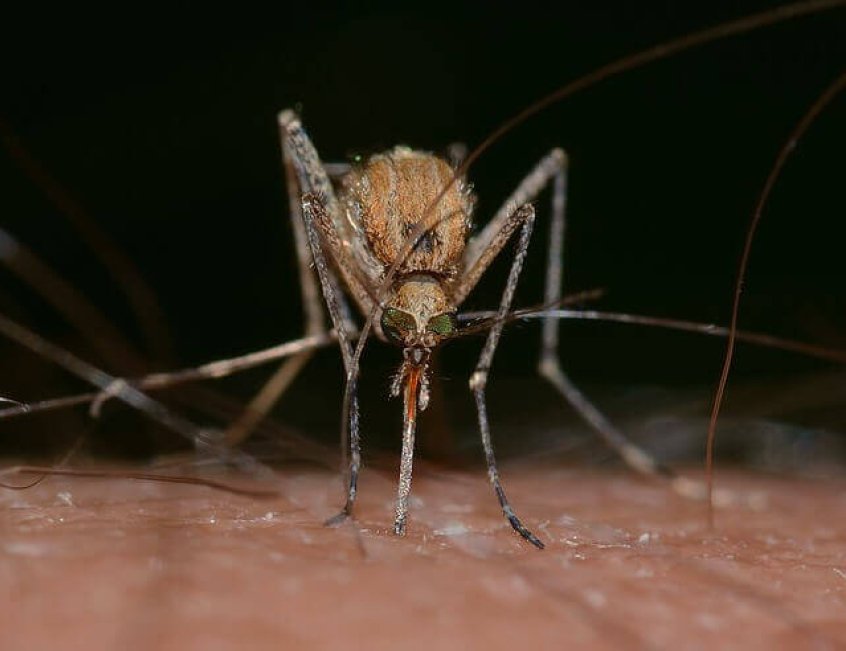
There's a rare mosquito-borne virus that's causing panic in Latin-American countries. The Zika virus, which is mainly spotted in Asia and Africa, started spreading in Brazil last year. Colombia, Mexico, Venezuela and nine more countries were also affected.
Late in December 2015, the virus was spotted in Puerto Rico—the country's first case, according to the Centers for Disease Control. Experts are now concerned that the virus might reach mainland United States next.
What's alarming is that the virus, transmitted by the mosquito species, Aedes aegypti, is associated with microcephaly in newborns, a condition in which babies are born with abnormally small-sized head.
In the Tuesday report published by the Brazilian Ministry of Health, it indicated that there were more than 3,000 babies in the country born with microcephaly and experts suspect that the virus may be responsible for the cases.
Although the connection between the virus and the said condition has not been established, the Brazilian Ministry of Health has warned pregnant women to keep consulting with their doctor. The ministry also advised pregnant women to observe proper measures in keeping their home environment free from disease-causing mosquitoes.
Researchers didn't pay much attention to the Zika virus, until recently. The virus was first discovered in 1947 in Uganda. It is carried by the same mosquito species that transmit chikungunya virus, yellow fever and dengue fever.
According to the CDC, the virus commonly causes fever, joint pains, rash and red eye or conjunctivitis. These symptoms usually tend to be mild only lasting for days to a week. Severe cases of the illness that require hospital admission is rare.
Currently, there is no vaccine to prevent the illness; there is also no medication intended for the treatment of Zika.
Apart from the recommendations from the Ministry of Health, CDC also advises travelers to take steps in protecting themselves from mosquito bites, especially when going to regions where Zika virus is known to be present.













